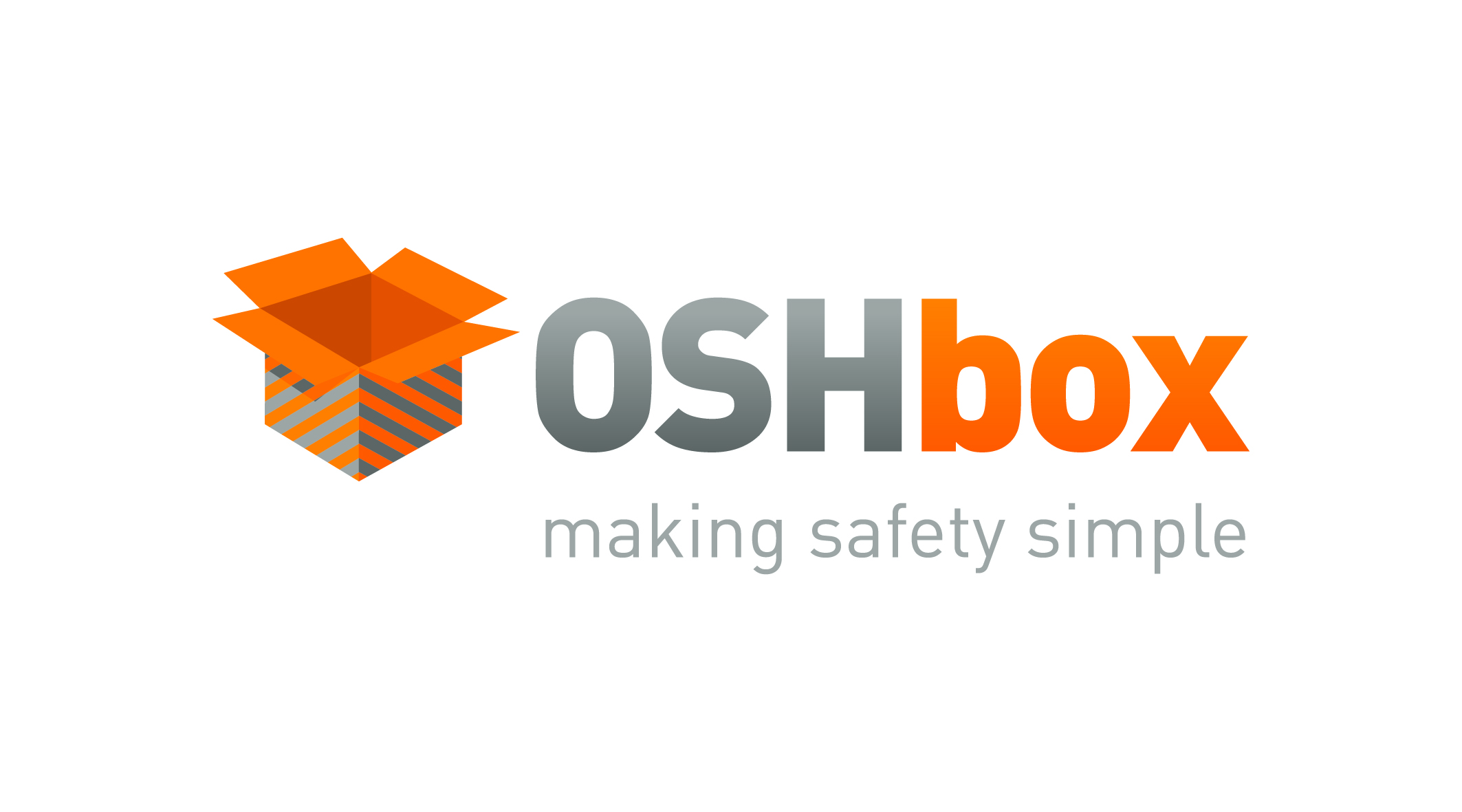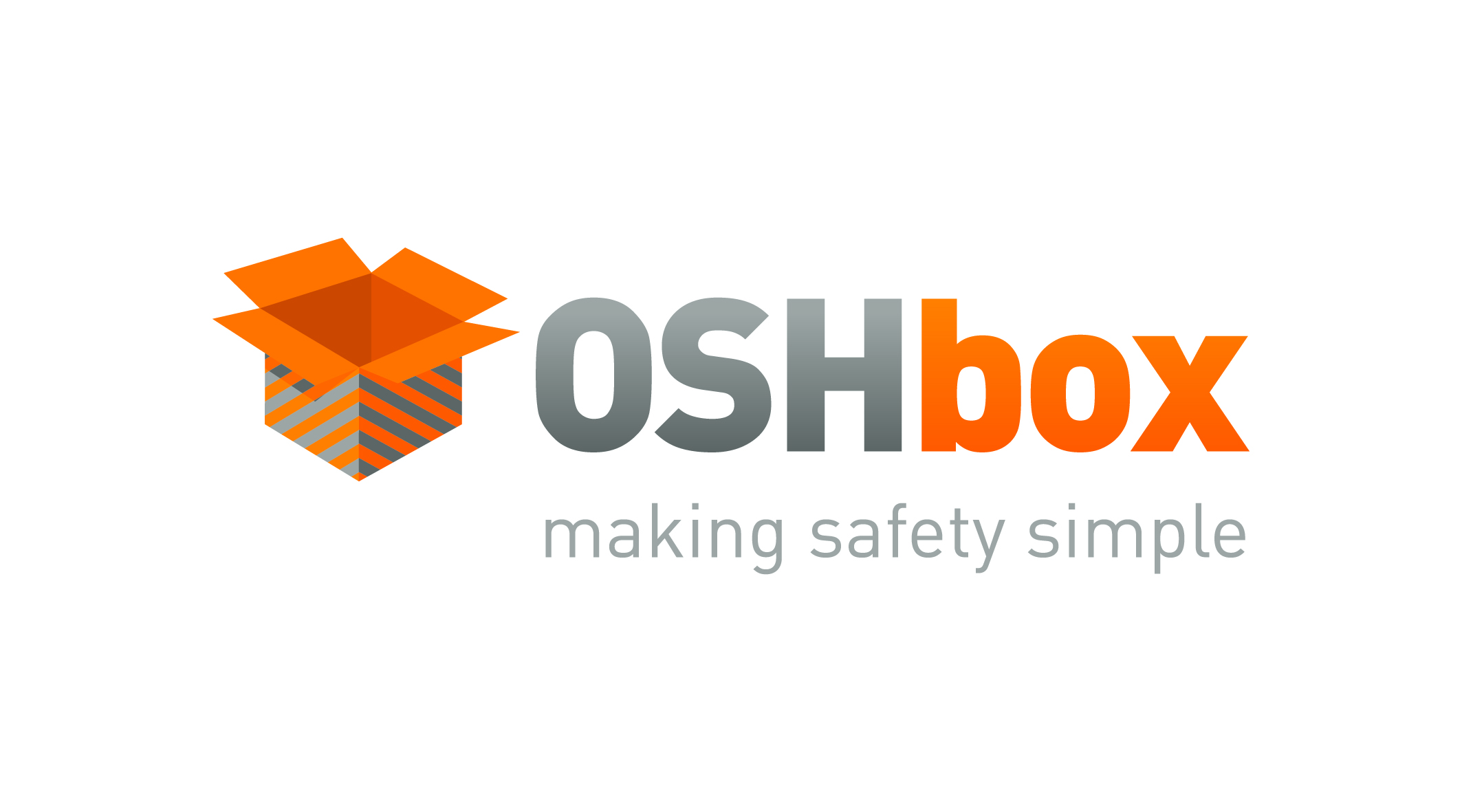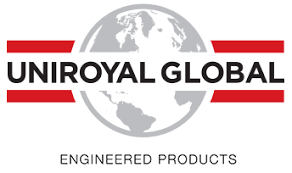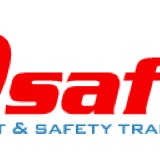Title Page
-
Audit Title
-
Conducted on
-
Prepared by
-
Location
Safety inspections
-
Completes pre-operational forklift safety inspection and sight checklist
-
Knows how to report faults or unsafe equipment
Pick up load
-
Wears seatbelt (if applicable)
-
Checks pallet/load for safety (i.e damage, loose boards or cartons etc)
-
Confirms weight of load prior to lifting & confirms safe work load with capacity plate of forklift
-
Aligns fork square with load & drives forwards slowly, tines level with clearance
-
Load rests on backrest, forklift stopped prior to lifting
-
Lifts load smoothly to safe travel height, tilts mast to stabilise load prior to driving off
-
Checks over the shoulder and mirror (if applicable) prior to reversing or moving off
Travel
-
Travels at safe speed (no abrupt braking or turning)
-
Observes safety rules (uses horn at intersections and blind spots)<br>
-
Travels with load facing correct direction (I.e uphill on incline)
-
Maintains exclusion zone around forklift during operation (3m + height of tines)
Place load
-
Manoeuvres forklift safely into position square to racking with clearance to enter or stop (uses park break if applicable)
-
Allows sufficient clearance between load and unload areas to successfully lift load
-
Slowly lifts load to required height to allow safe clearence of load to racking
-
Safely drives into racking without contact with sides of racking
-
Reverses straight back slowly/safely without contact with objects and stops with clearence to objects to lower tines safely
-
Safely lowers tines to just above ground level while completely stopped (no moving with raised tines)
Assessors recommendation
-
Forklift operator assessed as competent
-
Assessor signature
-
Operator signature











